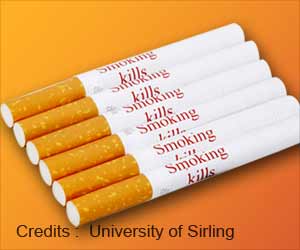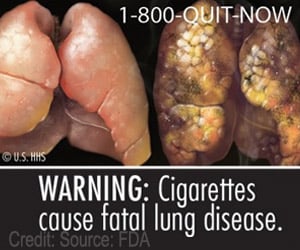A team of scientists have come out with a program to assist children and young adults to abstain from alcohol and substance abuse.

So the developmental scientists, together with colleagues from the Institute of Psychology and the Center for Applied Developmental Science of the Jena University, came up with their specially developed prevention programme IPSY.
In a new study based on about 1700 school children, aged between 10 and 15 years from Thuringia (Germany), the Jena psychologists were able to show how effective their school-based training and information programme is in the prevention of alcohol and nicotine abuse among school children and adolescents.
"IPSY is an acronym for Information and Psychosocial Competence and tries to convey basic life skills," Weichold explained.
As a result, long-term effects can be achieved, the developmental psychologists headed by Professor Dr Rainer K. Silbereisen write in their new publication.
"The age-typical increase in the consumption of alcohol and cigarettes is lower in the group of pupils who took part in our programme than in the control groups. Moreover, the initiation age is being delayed," Silbereisen, who conducts the project together with Weichold, said.
Advertisement
In co-operation with the Ministry of Education, Science and Culture in Thuringia, IPSY has been introduced in more than 100 Thuringian schools since 2003.
Advertisement
Within the IPSY programme pupils learn general skills such as how to deal with stress and anxiety or with their own self-image.
For this purpose they work in interactive learning modules on topics like "School and I" or "I and Others" and they discuss their results with classmates and teachers.
Role-play, movement and relaxation techniques are part of the concept as well.
The programme consists of 15 modules of 90 minutes in the class level 5. This is followed by a development phase of seven modules in classes 6 and 7.
The Jena scientists presented the results of their study in the science magazine Journal of Early Adolescence.
Source-ANI









